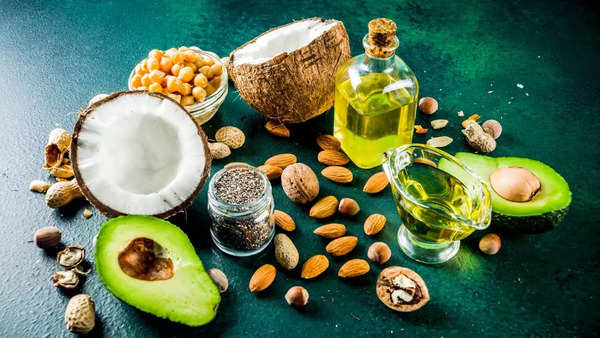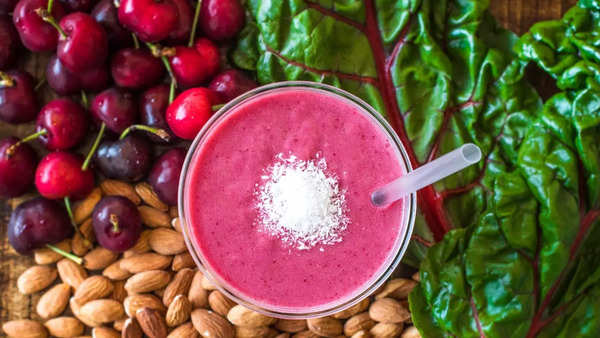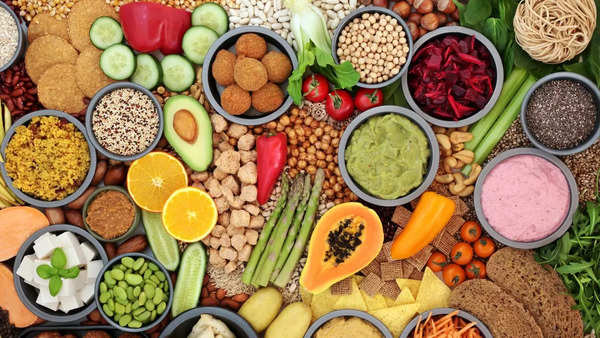What is Veganism?
Veganism is a lifestyle and dietary choice that excludes all animal-derived products from one’s diet and other aspects of life. People who follow a Vegan lifestyle are known as Vegans. Interstingly, this culture of Veganism is primarily motivated by ethical, environmental, health reasons, which together works towards creating a better world and reducing carbon footprint. Here are some of the aspects of the Vegan culinary culture and some of the common foods.
Plant centric
Vegan culinary culture revolves around plant-based foods and includes everything that hails from the nature such as fruits, vegetables, grains, legumes, nuts, seeds, and plant-based fats make for the foundation of a Vegan diet.
Avoid of animal products
Vegans avoid all animal-derived foods, including meat, poultry, seafood, dairy products like milk, cheese, yogurt, butter, eggs, and honey.

Environmental awareness
The concept of Veganism revolves around the sustainable environmental consciousness. Veganism emphasize on the impact of human choices on the environment such as animal agriculture, greenhouse gas emissions, deforestation, and water pollution to name a few. By choosing plant-based foods, they aim to reduce their ecological footprint.
Health Focus
Some Vegans adopt the lifestyle for health reasons. A well-balanced Vegan diet is lower in saturated fats and cholesterol and higher in fiber, vitamins, minerals, and antioxidants. Research suggests that Vegans may have a reduced risk of certain chronic diseases.
Common Vegan Foods
Fruits and Vegetables
A wide variety of fruits and vegetables are an essntial part of the vegan diet. These provide essential nutrients, fiber and antioxidants.
Grains
Whole grains like brown rice, quinoa, oats, and whole wheat are staples. They provide energy and are a source of dietary fiber.

Legumes
Beans, lentils, chickpeas, and peas are rich sources of plant-based protein, fiber and vitamins and minerals.
Nuts and Seeds
Almonds, walnuts, cashews, chia seeds, flaxseeds, and others are excellent sources of healthy fats, protein, and essential nutrients. They can be used in cooking, baking, and snacking.
Plant-Based Milks
Soy milk, almond milk, oat milk, and coconut milk are popular dairy milk alternatives. They can be used in cereal, coffee, smoothies, and baking.
Plant-Based Proteins
Tofu, tempeh, seitan, and plant-based meat substitutes are used to create Vegan versions of traditional meat-based dishes.

Herbs and Spices
A wide variety of herbs and spices can also be used to add flavour Vegan dishes such as basil, oregano, cumin, coriander, and turmeric.
Plant-Based Fats
Olive oil, avocado, and coconut oil are some of the commonly used for cooking and baking.
